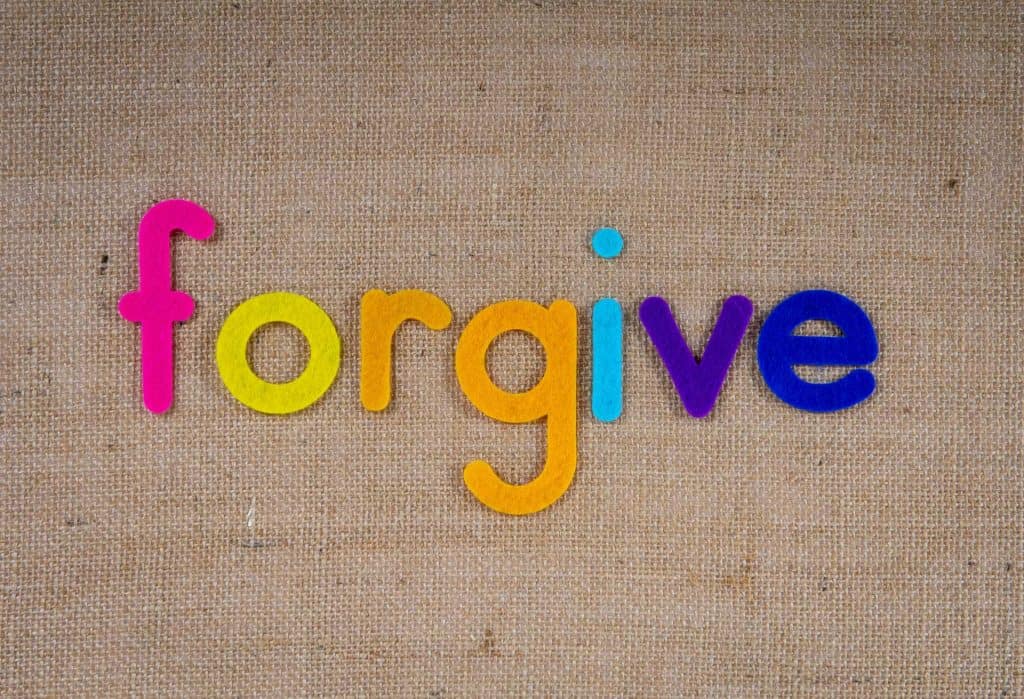What relational wisdom have you learned that is important in your marriage or other close relationships? There are things we all know to do, though implement irregularly: praying together, asking forgiveness, seeing the work of the Spirit in the other, and not giving advice when the other person simply wants to be known. These bless all Christian relationships. But I am thinking about micro-applications of how faith expresses itself in love (Gal. 5:6). These might not be obvious at first. They accumulate over time.
Here are three that have become important to me.
1. If something bothers you, give it to the relationship. If either my wife or myself have any struggle in our own hearts that lasts longer than thirty seconds, and the other person is involved in any way, we give it to the relationship. That is, we talk about it. The person who is struggling might have a problem, or it might belong to the other person (who is blissfully ignorant of that struggle) or the blame might be laid on neither.
“I am struggling with something and I think it would be best for us if we tried to talk about it.” With that entrance into the discussion, it rarely turns sour. The struggler wants to talk together and not simply make pronouncements. The outcome might be that someone asks forgiveness, or it may simply be that we have a more accurate understanding of each other.
2. When one person is working, the other person should be working too. My marriage can have exceptions to this rule, but the exceptions came only after thirty years or so. I once thought that if Sheri was doing the dishes, then I could do something else, such as read the sport’s section of the newspaper. After all, the dishes can easily be a one-person job. That strategy, however, was less than helpful and it probably led to the rule that we should give our frustrations to the relationship. After five years or so I finally learned that working together, side-by-side if possible, works well.
3. If the other person asks you to do something and you can do it right away, then do it right away. I can remember my wife asking me to clean up some items of mine—clothes and things—that were accumulating in the bedroom. My response was a chipper, “Sure, absolutely.” Soon, Sheri was, once again, giving her frustrations to the relationship. I was genuine in my response. I really was going to clean up in the bedroom. I was simply taking the long view of the job, as if it were best done in stages, over a few months. Right away is always better.
Ah, the pleasure of being able to learn and grow, albeit slowly.
This blog post is a publication of the Christian Counseling & Educational Foundation (CCEF). All content is protected by copyright and may not be reproduced in any manner without written permission from CCEF. For more information on classes, materials, speaking events, distance education and other services, please visit www.ccef.org.
















